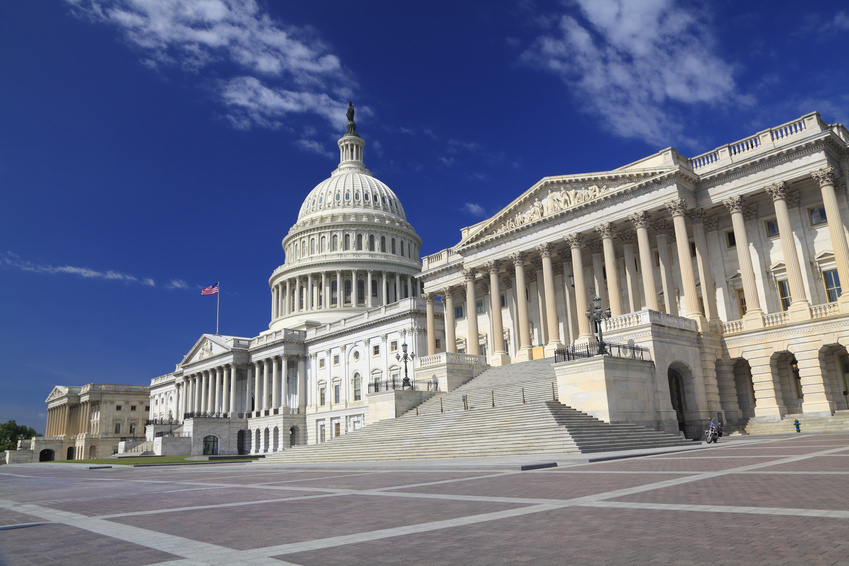Read publication In this regional update, we provide you with a practical overview of the most notable antitrust legal developments over Quarter 4 of 2020 and early 2021 that may affect your business. In this issue: Australia ACCC files Federal Court proceedings against Peters for exclusive dealing Banking cartel case…
On 10 November 2020, China’s State Administration for Market Regulation (SAMR) published draft Anti-Monopoly Compliance Guidelines for the Platform Economy (“Draft Guidelines”) for public consultation.1
The Draft Guidelines clearly signal that stronger antitrust enforcement in China’s tech sector is likely. This appears to be driven by a desire on the part of the Chinese government to rein in the growing strength of internet platforms, and to encourage a more diverse market structure.
The Draft Guidelines are expected to be finalized by the end of this year or early next year.
China’s releases Antitrust Guidelines on the automotive sector and IP rights
China issued Antitrust Guidelines in the Intellectual Property Rights Area
Integrated circuit and software industries set as enforcement priorities
Integrated circuit and software industries set as priorities of China’s antitrust enforcement
New Auto Guidelines represent the first attempt to provide guidance on regulating non-price vertical restraints in China. The IPR Guidelines put forward market share-based safe harbors for the IPR field. The newly released leniency and commitment guidelines provide procedural options for an investigation to end with no or less penalties. China’s State Council calls for strengthened antitrust enforcement to protect fair competition in the integrated circuit and software industries.
HKCC accepts proposed commitments from seaport alliance
The Tribunal approves first cartel settlement
HKCC publishes policy on calculating fines
An alliance among four terminal operators agreed to comply with pricing restrictions and behavioral conditions to settle HKCC’s investigation. The Tribunal has resolved a case by way of approving a consensual application following a settlement between the parties for the first time. The HKCC also published a policy on calculating fines, which sets out a four-step approach to the formulation of recommended pecuniary penalties.
This update was published on 16 October 2020 as part of our quarterly newsletter, Asia Pacific Competition Highlights. Click here to access the full report, which covers the most notable antitrust developments across 11 Asia Pacific jurisdictions.
Read publication In this regional update, we provide you with a practical overview of the most notable antitrust legal developments over Q3 2020 that may affect your business. In this issue: Australia ACCC enters multilateral framework to strengthen cross-border enforcement Guilty plea in first criminal charge for obstructing ACCC investigation…
On 18 September 2020, China’s State Administration for Market Regulation (SAMR) published the final version of the Anti-Monopoly Compliance Guidelines for Business Operators (Antitrust Compliance Guidelines)[1]. The guidelines provide a framework for how business operators should establish an antitrust compliance system and manage antitrust compliance risks in China. The Antitrust Guidelines are not mandatory but are indicative of the key aspects SAMR would expect to see in a good compliance programme.
The Hong Kong National Security Law took effect on 30 June 2020. The 66-article law criminalizes four types of acts: secession, subversion of State power, terrorist activities, and collusion with foreign or external forces to endanger national security. It also stipulates the corresponding penalties, which in the most serious cases,…
On 16 April 2020, the Hong Kong Competition Commission (HKCC) introduced significant reforms to its leniency policies, publishing:
Substantial revisions to its corporate leniency policy, aimed at businesses (Revised Corporate Leniency Policy)
A new leniency policy aimed at individuals (Individual Leniency Policy)
Our team of over 300 antitrust experts around the world have collaborated to produce a truly innovative Global Merger Analysis Platform (GMAP). GMAP answers 90 detailed questions on merger control law in 120 jurisdictions. It is updated in real time, offering more depth and more legal certainty than existing products…
COVID-19 is wreaking havoc with the global economy, disrupting all manner of businesses, and is requiring unprecedented measures and coordinated action. Many companies are suffering due to interrupted supply chains and reduced customer demand and will face significant losses and cash flow issues as a result. Others will face an…









